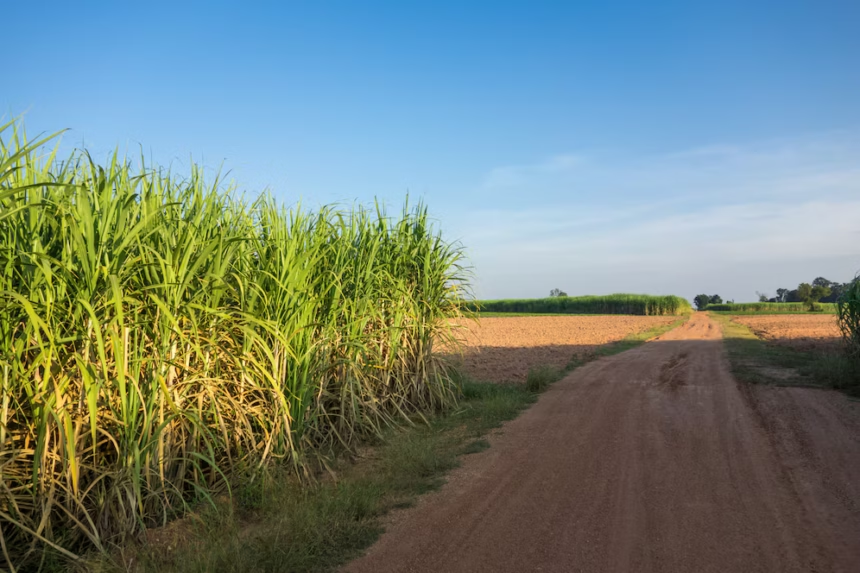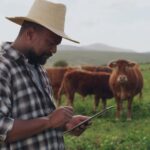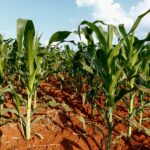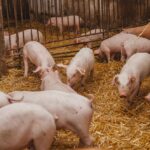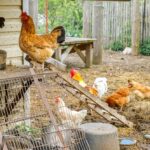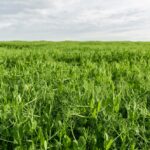Sugarcane farming is a vital component of South Africa’s agricultural sector, supporting thousands of rural livelihoods and contributing significantly to the national economy. As the industry grapples with global price fluctuations, climate variability, and rising input costs, government subsidies have become a critical lifeline for many sugarcane farmers. This article explores the nature of these subsidies, their impact on farmers, and the challenges that continue to affect the industry.
The Importance of Sugarcane to South Africa’s Economy
South Africa is the leading sugar producer in Africa, with most of the production concentrated in KwaZulu-Natal and Mpumalanga. The industry supports around 85,000 direct jobs and contributes approximately R14 billion to the economy annually. Beyond its economic value, sugarcane farming plays a key role in sustaining rural communities through employment, land use, and infrastructure development.
What Are Sugarcane Farming Subsidies?
Sugarcane farming subsidies are financial assistance programs provided by the South African government to support producers in maintaining and improving their agricultural output. These subsidies can come in various forms:
- Input subsidies for fertilizers, pesticides, and seedlings
- Irrigation support, especially in drought-prone areas
- Grants and loans for smallholder and emerging farmers
- Infrastructure investment including roads, mills, and storage facilities
- Training and extension services to promote modern, sustainable farming techniques
Subsidies are often administered through government programs such as the Department of Agriculture, Land Reform and Rural Development (DALRRD) and the Land Bank.
Smallholder Farmers and Land Reform Beneficiaries
One of the central goals of sugarcane subsidies in South Africa is to support smallholder farmers, many of whom are beneficiaries of land reform initiatives. These farmers often face challenges accessing credit, inputs, and markets. Through targeted subsidy programs, the government aims to increase productivity and inclusion within the broader sugar value chain.
The South African Sugarcane Research Institute (SASRI), in collaboration with the South African Sugar Association (SASA), provides technical support and research-backed insights to help emerging farmers adopt climate-smart practices and improve yields.
Industry Challenges and the Role of Subsidies
Despite the support, South African sugarcane farmers face several hurdles that threaten the sustainability of the sector:
- Global competition and cheap imports have depressed local sugar prices
- Rising production costs, especially fuel and fertilizer, strain profitability
- Climate change continues to affect rainfall patterns and crop health
- Uncertainty around the Sugar Industry Master Plan, which aims to revive the industry through coordinated investment and tariff protections
Subsidies play a buffering role, but stakeholders argue that more long-term structural reforms are needed. These include increased investment in infrastructure, expanded access to export markets, and the enforcement of protective tariffs against dumping.
Looking Ahead: Policy and Investment Priorities
To safeguard the future of sugarcane farming, South Africa is focusing on a multipronged approach:
- Strengthening the Sugar Industry Master Plan, including commitments from retailers and industrial users to buy local sugar
- Supporting diversification, such as producing bioethanol and electricity from sugarcane byproducts
- Enhancing research and innovation, particularly for drought-resistant cane varieties and efficient farming techniques
- Empowering youth and women in the sector through targeted subsidies and training opportunities
Subsidies remain a cornerstone of support for sugarcane farmers in South Africa, particularly in light of economic and environmental pressures. While they provide crucial relief, their true impact will depend on how well they are integrated into broader strategies to make the industry more competitive and inclusive. With continued government commitment and collaborative efforts from private sector players, sugarcane farming in South Africa can remain a strong pillar of rural development and economic resilience.
Join 'Farmers Mag' WhatsApp Channel
Get the latest Farming news and tips delivered straight to your WhatsApp
CLICK HERE TO JOIN
